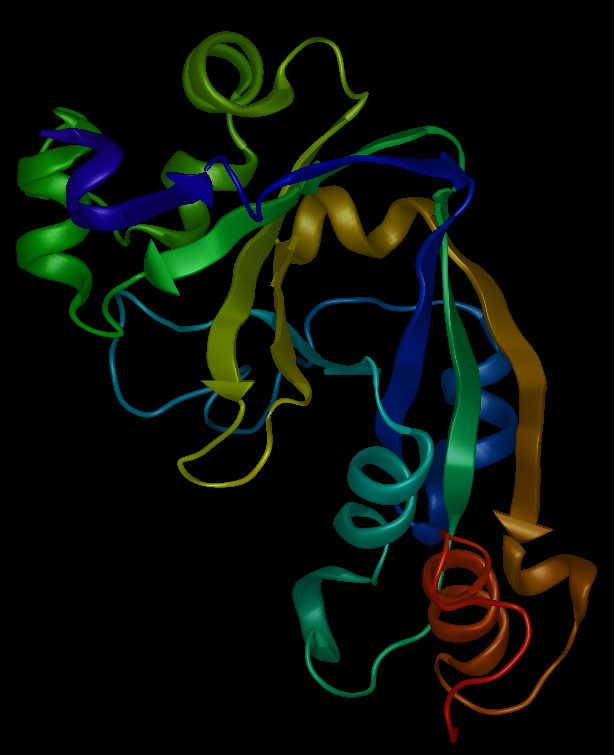The human body is an efficient machine. The cells inside our bodywork day and night to make sure we are healthy. Scientists have conducted numerous researches about the functioning of the human body. It is vital to understand the internal biological processes in order to tackle diseases and come up with cures. One such process is the behavior of proteins. Our body breaks down excess proteins into amino acids to put into use. But we still don’t understand how this activity takes place.
So, a number of scientists have teamed up to figure out how unused proteins are broken down into the constituent amino acids. The team consists of:
- Nicholas Butzin, assistant professor of biology at South Dakota State University College of Natural Sciences
- Madhav Nepal, SDSU associate professor of biology and microbiology
- Javier Buceta Fernandez, an associate professor at Lehigh University, Pennsylvania teaching microbiology
There are also three students helping out on this research. This research is being financed by the National Science Foundation. They have invested about 1 million dollars into the four-year project.
Making Artificial Cell Circuits To Study Protein Degradation
For the project, they are creating artificial cell circuits to understand the phenomenon. They inject E. coli cells with DNA which they do not typically have. Since these cells are simpler than normal cells, it will be much easier to regulate and note down the processes, and changes are happening.
What Is The Goal Of The Project?
The target of this experiment is to understand the cellular mechanisms that play a significant role in human health. It may even help with cures for diseases like Parkinson’s as it is a neurodegenerative disease. Even cancer is caused by faulty cell functioning, and this experiment may lead to greater knowledge about how to combat it.

